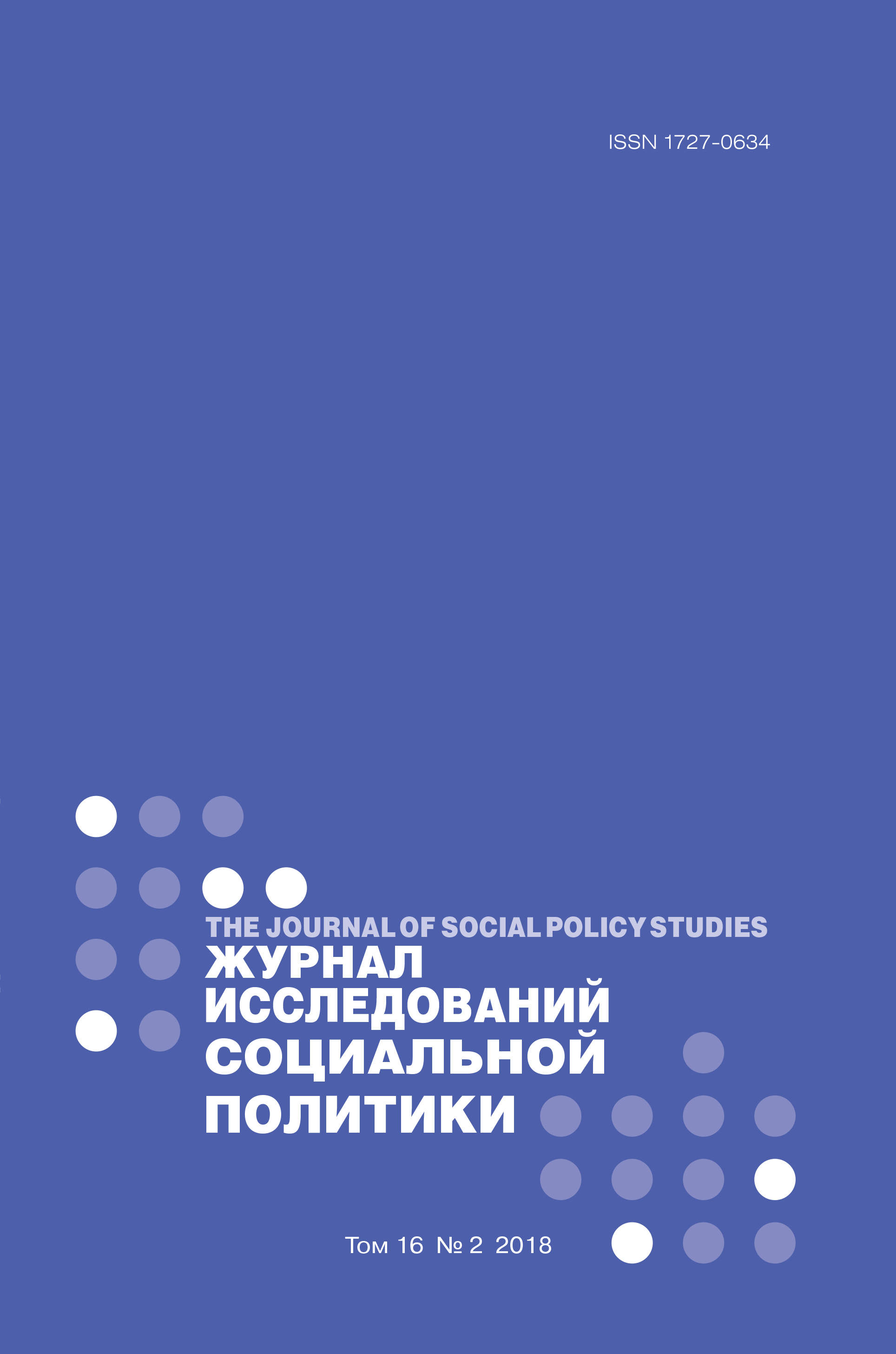The 'Soviet Beggar’: Reconstruction of the Collective Portrait of Beggars in 1950s
Abstract
Elena Zubkova – Doctor of History, Chief Research Fellow, Head of the Center for Social History
of Russia, Institute of Russian History of the Russian Academy of Sciences, Moscow, Russian
Federation. Email: elena.zubkova@mail.ru
The article reconstructs the collective portrait of the Soviet beggars in the mid‑1950s, the complex of demographic, economic, sociocultural characteristics presenting beggars as a marginal social group. The study is based on the statistical data of the Ministry of Internal Affairs and the documents of the State Control Committee, which organized the inspection of the state of begging in different towns and regions of the USSR in 1954. These sources contain information on the number of beggars, age, living standard, motivations for the begging. The motives (risk factors) that led individuals to begging were different: poverty, lack of social support, old age, disability, illness (including alcoholism), homelessness, large families, inability to find work, loneliness, criminal backgrounds, loss of documents, etc. As a rule, a set of
risk factors led to begging. Among those involved in begging, there were several social types: disabled people, elderly people, single mothers with children, parents with many children, people with a criminal record, orphans, former domestic servants and alcoholics. These types, like risk factors, often had a mixed character. 'Professional' beggars occupied their own 'social niche', although the number of 'professional' beggars was significantly less than the 'forced' ones. The presence of a significant number of people practicing begging as the main survival strategy in the Soviet society, as well as a wide
range of risk factors provoking begging, testified to the serious defects of the Soviet social policy, especially concerning support of socially vulnerable groups and the development of adaptation strategies for outsiders.















